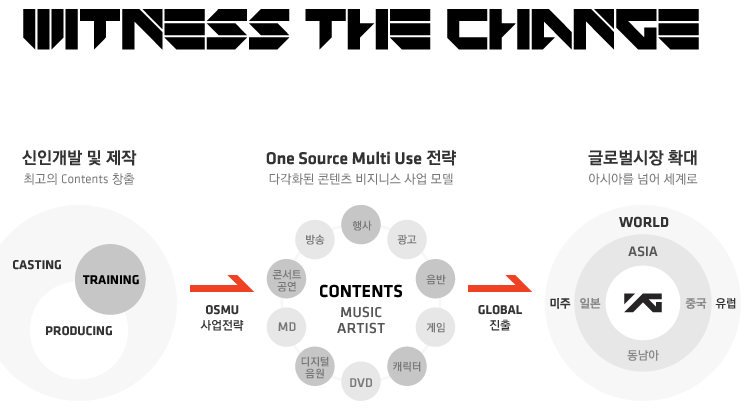“Debut” and “court appearance”: there is no shortage of other words a recording artist would rather see alongside each other. But this particular combination suits former EXO-M idol Luhan rather well. There is nothing that special about legal tussles between record labels and artists, unfortunately. But there is an angle to this that makes it worth exploring further.
The big wigs up the top of the largest Korean record companies – including in this particular case S.M. Entertainment (SM) – have an interesting conception of the creative industries; one that has, perhaps, attributed greatly to turning K-pop into such a successful global export. It’s called cultural technology, and happens to have been coined by the founder of SM Lee Soo-man himself.
Lee explains:
“One of the elements of CT [“Cultural technology”] is our training system. Through auditions, we discover hidden talent and put them through three to seven years of music, dance, and acting training in order to create a star that’s close to perfection.”
Here’s a nice graphic from competitor label YG Entertainment that illustrates the process. Every single aspect of a potential artist’s life (they’re probably referred to as ‘product’ in the office) has been rationalized, justified, projected and planned. They probably even have quality control stamps on their asses.
So let’s look at this specific case. China Topix reports that Luhan:
- Quit EXO – basically the biggest K-pop boy band/brand around (he’s from the Mandarin sub-group) – last year to pursue a solo career.
- He filed a law-suit against his label in a bid to free himself from his binding contract.
- SM refused to settle out of court.
- Luhan has continued to create / release as a solo artist despite still being contracted to SM.
- SM has filed a lawsuit in Beijing.
SM has an AWOL artist on its hands. This artist is not coming back for the foreseeable future. Luhan hasn’t exactly been cooperative from what we can tell (of course we may be missing a lot of the inside here), but he’s an artist, not an enterprise that exists to turn babies into boppy pop singers. It doesn’t make sense for SM to inhibit him, or bankrupt him. The most rational solution would be to settle out of court, and introduce a sunset clause as part of whatever deal he chooses to sign, so SM can still profit, fairly, from his future pursuits. SM will never be able to force him to continue creating for them.
And for a rational business, the reasons for keeping an amiable front and dealing swiftly with this sort of discontent are blindingly simple. It doesn’t matter if the artist is in the wrong, the record label will always look like the bad guy. These K-pop stars have some of the largest fan bases you can imagine. They are global phenomenon, and have won over the hearts of the masses in China, and the rest of the region. How SM deals with dropouts will influence how their current and future roster will view the business, alongside hundreds of millions of die-hard fans. Applying the heavy hand – excluding cases of plagiarism – isn’t good for creativity, and doesn’t make good business sense. Perhaps SM is lacking a little emotional intelligence here.
